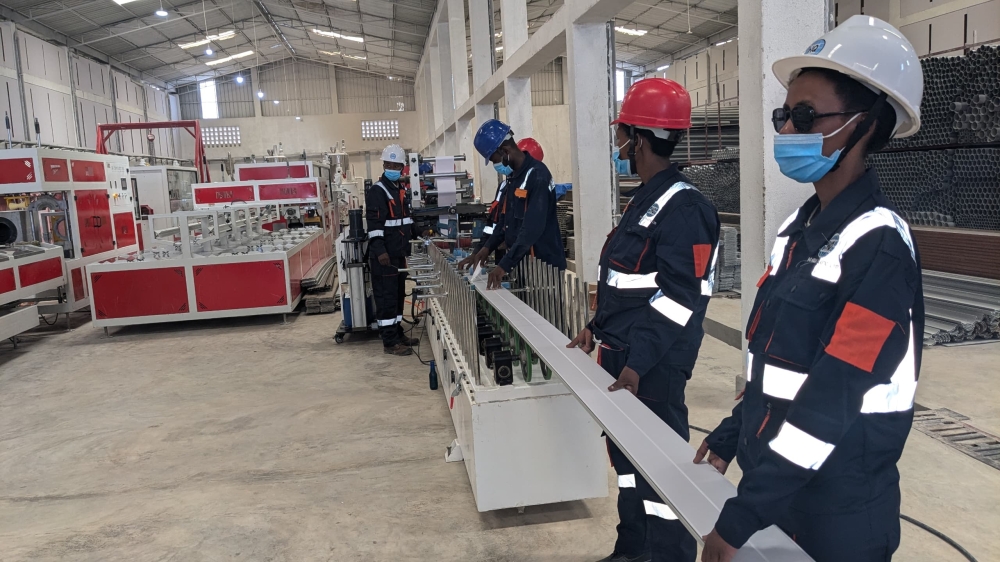Seymour Simon, a children’s science book author, said: “I’m more interested in arousing enthusiasm in kids than in teaching the facts. The facts may change, but that enthusiasm for exploring the world will remain with them the rest of their lives.”

Seymour Simon, a children’s science book author, said: "I’m more interested in arousing enthusiasm in kids than in teaching the facts. The facts may change, but that enthusiasm for exploring the world will remain with them the rest of their lives.”
Simon is not saying facts are bad; he is simply emphasising the importance of getting a child interested in school. Haven’t you seen children who love school so much that they keep pestering their parents to leave bed on a cold morning and drop them at school?
Some even start doing their holiday homework on the very day that the students break off.
Have you ever asked yourself why that child loves school? Try to find out and you will discover that the environment is conducive for the child. But the more common narrative among parents is that their children would choose chocolate over school. But do we know why?
The answer is simple; just like employees who want to be motivated to perform better, children also want some bit of comfort in order to ‘miss’ school and concentrate on their studies.
American scholars Charles Schlimpert and Sheryl Reinisch in one of their studies argue that the learning environment has the ability to affect a young person’s development and is capable of sending strong subconscious messages, such as "this is a place where I can learn,” and "I am welcome here.”
Also in the US, positive correlations were found between school facilities that were rated excellent and students earning higher test scores. For instance in Washington D.C., the average difference in test scores was 10.9 percent between students in schools that were rated "excellent” and students in schools that were rated "poor,” according to a Georgetown University graduate thesis.
Therefore, schools should strive to make students comfortable through provision of vital facilities such as a library, playground, clubs, canteens, entertainment and clinics etcetera.




